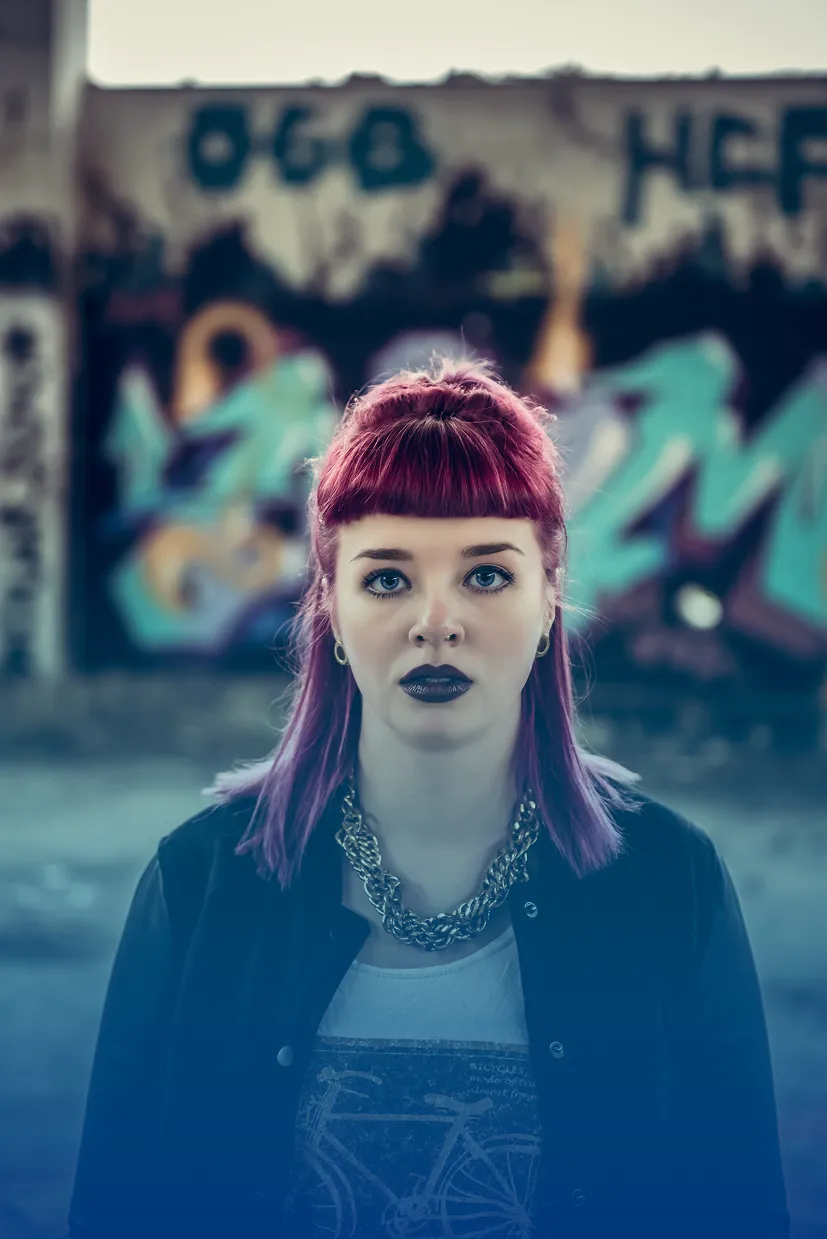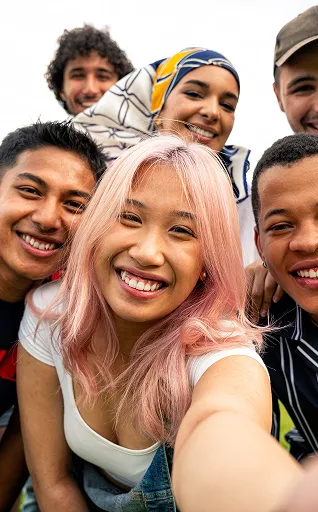
Heroin floods opioid receptors in the brain and brainstem with dopamine, creating intense euphoria and pain relief. Long-term use can quickly lead to addiction, impaired decision-making, and an increased risk of mental health disorders like depression and anxiety.
It also carries severe social risks, including homelessness, unemployment, and incarceration. Heroin use among teens has drastically declined over recent years through prevention efforts, early intervention, and comprehensive recovery support.
Long-Term Risks
Around 88% of users who inject opioids such as heroin struggle with co-occurring mental health disorders such as bipolar disorder, borderline personality disorder, and post-traumatic stress disorder (PTSD). Heroin abuse among teens is often linked to complex trauma, unstable living conditions, homelessness, and high-risk environments.
Teens struggling with heroin addiction often show signs such as sudden weight loss and track marks from injection. They may withdraw from family and friends, experience severe mood swings, decline in school, and engage in deceptive or illegal behavior. Untreated heroin addiction in teens can lead to severe consequences such as infectious diseases & HIV, legal problems, prison time, overdose, and death.
Youth who have reported heroin use often come from the foster care system, experience severe childhood neglect or abuse, grew up in homes where heroin was present, or have been exposed to it through abusive or exploitative relationships. The psychological trauma and addictive nature of heroin require a comprehensive approach to care addressing both the substance use disorder and co-occurring mental health challenges.
At Lotus Behavioral Health, we understand the complexity of heroin addiction and opioid abuse and help guide teens and their families through the entire recovery process. Teens have access to evidence-based therapies, medication support, and recovery activities to foster long-term healing.

.webp)

Our safe and structured 5 to 12-week residential program offers 24/7 care, a blend of evidence-based therapies, and medication management to treat heroin abuse and co-occurring mental health disorders in teens.
Explore Program

This intensive 7-day program builds on the skills learned in residential settings. Our PHP is designed to meet the unique needs of your family, helping your teen smoothly transition out of inpatient care into a lower level of care.
Explore Program

Our IOP provides a less-intense treatment approach, meeting 3 to 4 days a week, allowing teens to live at home while still receiving intense treatment. IOP enables teens to continue attending school, participate in extracurriculars, and spend time with friends and family.
Explore Program

Virtual and in-person outpatient services allow teens and their families to participate in treatment while remaining at home and continuing their day-to-day activities.
Explore Program
Heroin addiction in teens is rarely isolated, often caused by underlying mental health challenges and trauma. Professional treatment begins with a comprehensive mental health and substance abuse evaluation to fully understand your teen’s experiences and needs. This ensures a personalized treatment plan that addresses both the addiction and any co-occurring psychological disorders.
Effective teen recovery involves the whole family. Our treatment programs at Lotus Behavioral Health prioritize family involvement to rebuild trust, improve communication, and strengthen support systems. By equipping families with the skills to navigate conflict and foster connection, teens have a higher chance of sustained recovery and emotional healing.
Teens receive intensive, evidence-based therapies such as cognitive behavioral therapy (CBT), dialectical behavior therapy (DBT), motivational interviewing, and medication-assisted treatment when appropriate. These therapies empower teens to change harmful thinking patterns, develop healthy coping skills, and set meaningful recovery goals, supported by licensed clinicians specializing in adolescent care.
The teen years are a time of self-discovery involving identity, culture, sexual orientation, and gender. Our programs are staffed by culturally competent teams trained to offer respectful, non-judgmental care. This supportive environment encourages teens to explore these sensitive issues safely to foster long-term mental wellness.

.webp)
Lotus Behavioral Health holds both treatment and academics equally important. We understand that many teens who enter treatment may fall behind in school, creating extra challenges when they transition back to their daily lives. Teens in our program can receive academic support to help ensure they don’t fall behind and get up to speed on any material they missed during their time in treatment.
Throughout drug addiction treatment, we focus on relapse prevention planning by helping teens build a strong support system in their community. This may include involving family or friends in the recovery process, ensuring teens meet academic requirements with educational support, and connecting them to a peer recovery network.

In 2022, only about 0.3% of high schoolers reported using heroin in the past year, making it less common than many other drugs. However, the addictive nature and high overdose death risks involved with heroin use still make it a serious concern.
Teens with a history of trauma, abuse, those who come from foster care, or unstable home environments are at higher risk. Teens who experience homelessness, or are involved in abusive or exploitative relationships, are also at an increased risk of being exposed to heroin and other highly illicit drugs such as fentanyl or methamphetamine.
Some slang terms that heroin is referred to by on the street may include Dope, Smack, Junk, and H. Slang can often vary by region.
Whether your teen struggles with substance use or mental health challenges, Lotus offers a foundation of care, support, and hope for your family. Contact admissions today.
